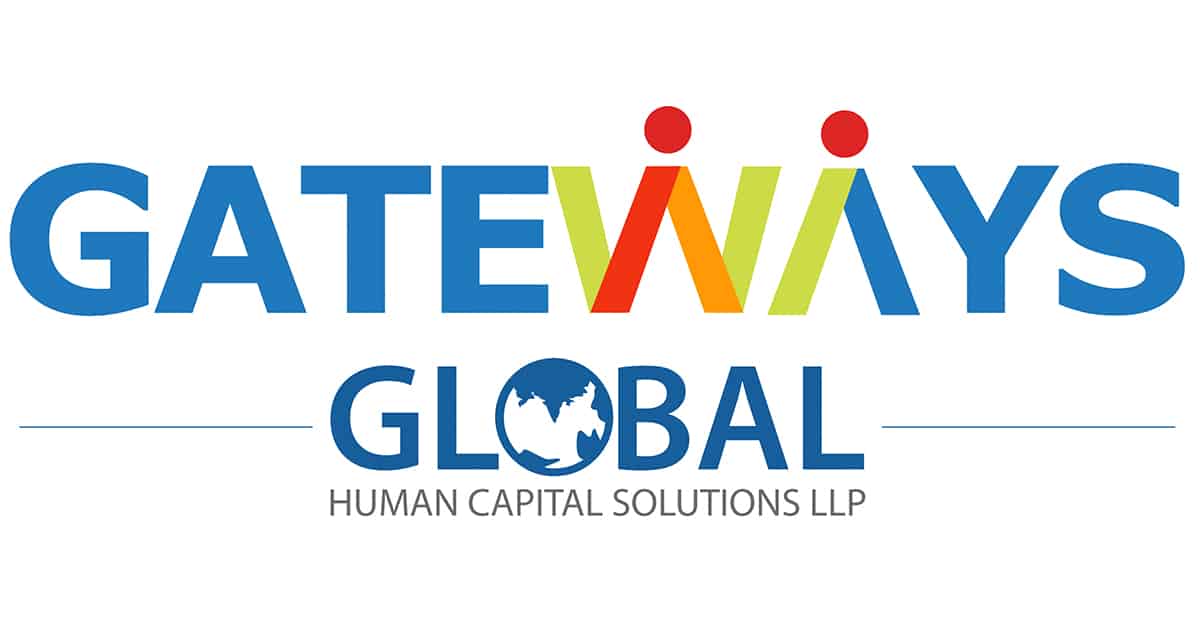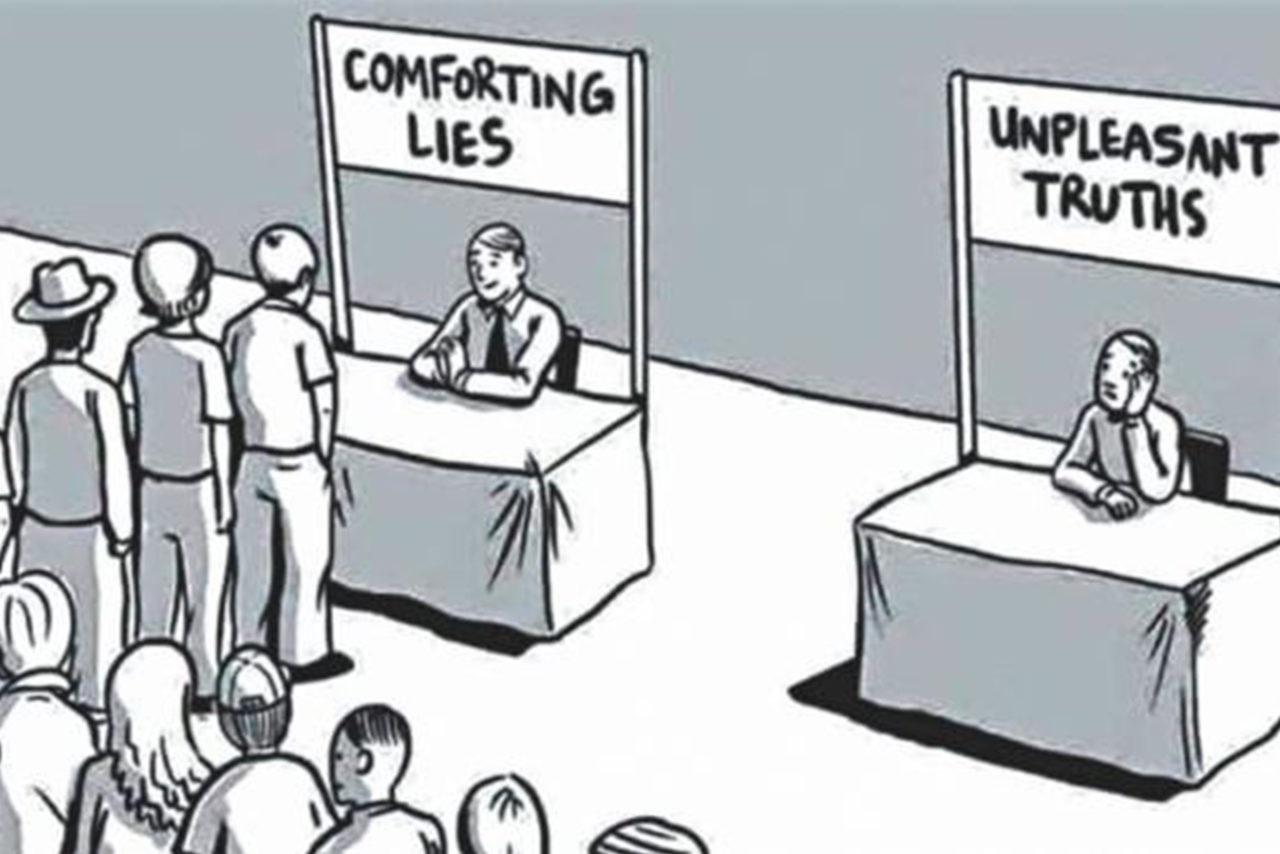Across the globe, while some of the notable business entities are owned by family.
Why successful professionals from professionally managed organisation hesitate to join Family owned and managed business even if the compensation & other related benefits are attractive?
What reduces the career longevity of professionals who join the business owned and managed by Family?
Cognitive dissonance is one of the reasons for most ambitious and successful professionals reaching the threshold of quitting the family business, specifically owned and managed by family members from first & second generations.
In my interaction with most of the leaders, I have noticed the presence of cognitive dissonance. Most of them feel uncomfortable to accept it as they feel its linked to one’s own integrity and career choices. In some cases, they don’t even identify it. Let’s take a deeper look at it.
Meaning of “cognitive dissonance” in the Cambridge English Dictionary is “an uncomfortable feeling that comes from believing or thinking two different things that cannot both be right. This feeling might be caused, for example, when someone wants to or has to (or is asked to) do something that they believe to be wrong”
As mentioned, in Wikipedia, In the field of psychology, cognitive dissonance is the mental discomfort (psychological stress) experienced by a person who simultaneously holds two or more contradictory beliefs, ideas, or values.
In A Theory of Cognitive Dissonance (1957), Leon Festinger proposed that human beings strive for internal psychological consistency in order to mentally function in the real world. A person who experiences internal inconsistency tends to become psychologically uncomfortable, and so is motivated to reduce the cognitive dissonance, by making changes to justify the stressful behaviour, either by adding new parts to the cognition causing psychological dissonance, or by actively avoiding social situations and contradictory information likely to increase the magnitude of the cognitive dissonance.
One of the common situations in family business is, leaders hired by offering complete autonomy in decision making has to consult the owners for even small and trivial matters and (mostly forced to) accept their decision. For example, a business leader hired as Head of Business (with a fancy designation of Chief Operating Officer) of a large business was offered complete freedom of decision making. However, when it came to the recruitment of a finance department head, owner-director questioned the decision and removed the hired candidate. In the beginning, newly joined Business Head took it as his judgment error. But when similar situations repeated, he understood the real meaning of autonomy in that organisation.
If professionals can continually adjust the correspondence of their mental attitudes (cognition) and personal actions, survival is easier. Such continual adjustments, between cognition and action, could lead to loss of identity at least for some. For others, it’s the beginning of a new identity.
In the real world what is the effect of cognitive dissonance for a professional? It’s challenging to define, however, it’s a true sense of discomfort, most of the time its proceeds as a burning issue progresses as days go by. Various instances and incidents create and aggravate this uncomfortable feeling. Slowly, if not addressed, the leader becomes dysfunctional, negative and reach the resignation zone. At last either the organisation or the professional will have to take the tough choice.
Who loses out in this entire situation? In reality – both organisation and individual. The organisation loses its credibility, potential employee and engaging work environment. And for the individual, their peace of mind.
There are several solutions and practises that help reduce cognitive dissonance. An Executive coach can help the professional in identifying the right solution and support in practising it until finding the result.
So, start by identifying the existence of cognitive dissonance and the move towards reducing it. With the help of a coach, this transition will be enjoyable.
M R Rajesh Kumar PCC
Managing Partner, GatewaysGlobal LLP


